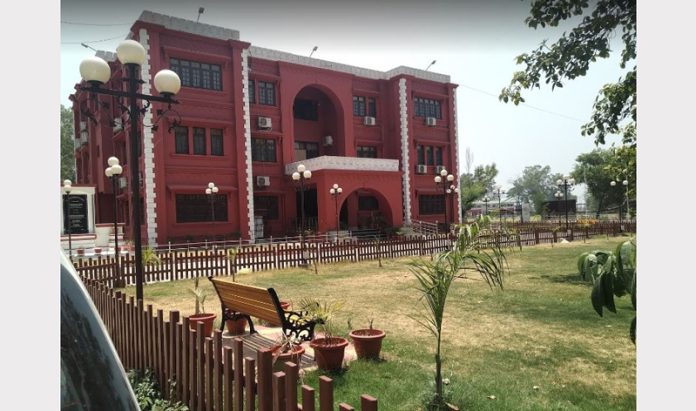Despite being governed by the same Act and statutes, the two Cluster Universities in Jammu and Kashmir exhibit divergent practices in the payment of remunerations to their teaching and non-teaching staff in the constituent colleges involved in examination-related duties. Those under Cluster University Srinagar receive remuneration for their examination-related responsibilities, whereas their counterparts under Cluster University Jammu are denied this benefit for analogous tasks. The current situation has given rise to a complex scenario in which two Cluster Universities within the UT are adhering to distinct sets of regulations. In light of the current state of affairs, it is evident that one of the universities violates established rules, a matter of considerable gravity by any reasonable standard. It falls upon the UT administration to thoroughly examine the situation and rectify the existing impasse. It is the unequivocal entitlement of the employees to receive additional remuneration for the extra work they diligently undertake, and established rules must be adhered to.
Despite the prior directive from the Financial Advisor, J&K Universities, which explicitly instructed the Cluster University Jammu Registrar to embrace the methodology and compensation rates applicable to teaching, non-teaching, and supervisory staff engaged in diverse examination-related responsibilities, mirroring the established practices of the University of Jammu, the Jammu Cluster University remains inexplicably unable to disburse remunerations. The precise rationale for this withholding of payments by the university authorities remains elusive. Every college affiliated with any university operates under well-defined guidelines and regulations. The perplexing issue of why Jammu Cluster University is deviating from these guidelines demands serious consideration. If, as alleged by the College Teachers Association, certain officials within Jammu Cluster University are obstructing the process, it necessitates a thorough investigation. The ultimate recourse for the aggrieved employees may involve seeking legal redress through the courts. The UT administration has already instructed the authorities to proactively avoid unnecessary litigation. In this context, higher authorities must intervene promptly to resolve this issue.
Trending Now
E-Paper


